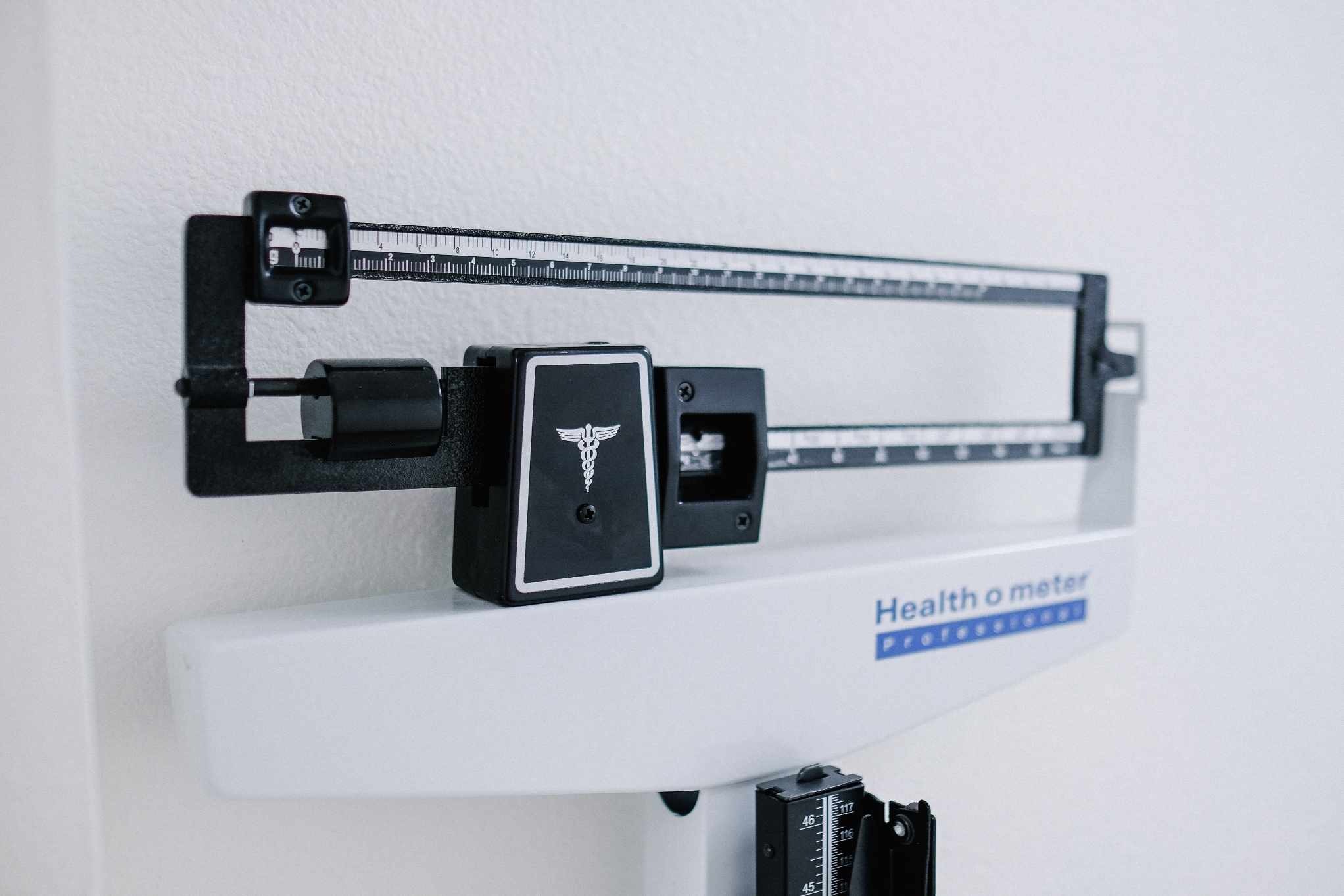What do you think of this article?
By Dr. David Woo - July 16, 2021

TMS (transcranial magnetic stimulation) may show some promise for individuals who struggle to lose weight. Obesity is associated with serious health complications that are considered the leading causes of death in the US, including heart disease, type 2 diabetes, and certain types of cancer. (1) Obesity is a public health concern because the global rates of obesity have nearly tripled since 1975. (2) Obesity is a complicated condition that is associated with more factors than just the amount of calories a person consumes and, for that reason, can be difficult to treat.
Up until now, treatment options for obesity have involved special diets, exercise, weight loss medications, and even surgery to insert medical devices and to alter the stomach and intestines. But numerous research studies tell us that TMS may be a safe and effective treatment for obesity. Below, we’ll explore what the research says.
TMS Stimulates Changes in Gut Bacteria
The gut microbiota, also called the gut flora or microbiome, is a collection of diverse microorganisms (like bacteria, viruses, and fungi) that live in our digestive tract and play many important roles in our health. Scientists know that imbalances in gut bacteria can affect the brain’s signals for appetite. (3) How do gut bacteria affect the brain?
Within the digestive tract lies an entire nervous system, called the enteric nervous system, that interacts with the central nervous system, and essentially the brain. This communication pathway is called the gut-brain axis. (4) Researchers know that obese individuals have a gut microbiota that is less diverse compared to healthy individuals.
A recent study aimed to understand the effects of TMS on gut bacteria. During this study, participants randomly received 15 sessions (three sessions per week for five weeks) of either high-frequency TMS, low-frequency TMS, or sham (placebo) treatment. Each participant’s gut bacteria were analyzed using fecal samples before the start of treatment and after the final treatment session. Results show that high-frequency TMS seemed to reverse gut microbiota patterns associated with obesity and promote the proliferation of gut bacteria associated with good health. Also, patients who received high-frequency TMS experienced significant weight loss compared to participants who received low-frequency TMS and sham treatment. (5)
TMS Facilitates Weight Loss by Reducing Food Cravings
A study observing changes in the body weight of obese patients after TMS treatment shows that TMS could be a safe and effective treatment for obesity. During this trial, participants were given four sessions of either TMS treatment or sham (placebo) treatment over the course of two weeks. Scientists followed up with patients two weeks after treatment completion, at four weeks after their first TMS or placebo session. Participants who received TMS treatment experienced significantly greater weight loss compared to patients who received sham treatment. Researchers also observed that patients who received TMS treatment consumed fewer calories and saw a greater reduction in BMI (body-mass index), fat mass, and VAT (abdominal fat), compared to participants who received placebo treatments. (6)
Is TMS for Weight Loss Currently Available in Clinics?
TMS is not currently available as an approved treatment for weight loss. I, along with my fellow psychiatrists, hope that TMS will be available soon as a treatment option for obesity. However, TMS is an FDA-approved treatment for depression, which is common among people with obesity. To learn more about TMS and how it works, visit our website. If you’d like to know whether TMS is right for you, take our online quiz.
Resources:
1. Centers for Disease Control and Prevention. Adult Obesity Causes & Consequences. Publication Date Unknown. Updated March 22, 2021. Link. Accessed June 28, 2021.
2. World Health Organization Obesity and overweight. Link. Updated June 09, 2021. Accessed June 28, 2021.
3. Galland L. The Gut Microbiome and the Brain. J Med Food. 2014;17(12):1261–1272. Link. Accessed June 28, 2021.
4. Carabotti M, Scirocco A, Maselli MA, and Severia C. The gut-brain axis: interactions between enteric microbiota, central and enteric nervous systems. Ann Gastroenterol. 2015; 28(2): 203–209. Link. Accessed June 25, 2021.
5. Ferrulli A, Drago L, Gandini S, et al. Deep Transcranial Magnetic Stimulation Affects Gut Microbiota Composition in Obesity: Results of Randomized Clinical Trial. Diabetes Obes Metab. 2019 Aug;21(8):1849-1860. Link. Accessed June 25, 2021.
6. Kim SH, Chung JH, and Kim TH, et al. The effects of repetitive transcranial magnetic stimulation on eating behaviors and body weight in obesity: A randomized controlled study. Brain Stimul. 2018;11(3):528-535. Link. Accessed June 27, 2021.
Dr. David Woo is the owner and head clinical psychiatrist at Madison Avenue TMS and Therapy in New York City. Dr. Woo has been seeing patients in private practice since 2002, always with the goals of combining evidence-based medicine with psychodynamic psychotherapy and collaborating with other mental health professionals to ensure the best possible outcomes for his patients. He has been certified to administer TMS at his practice since 2017. His greatest clinical interests include helping patients suffering from depression, anxiety, and obsessive compulsive disorder.
Follow Dr. Woo On









